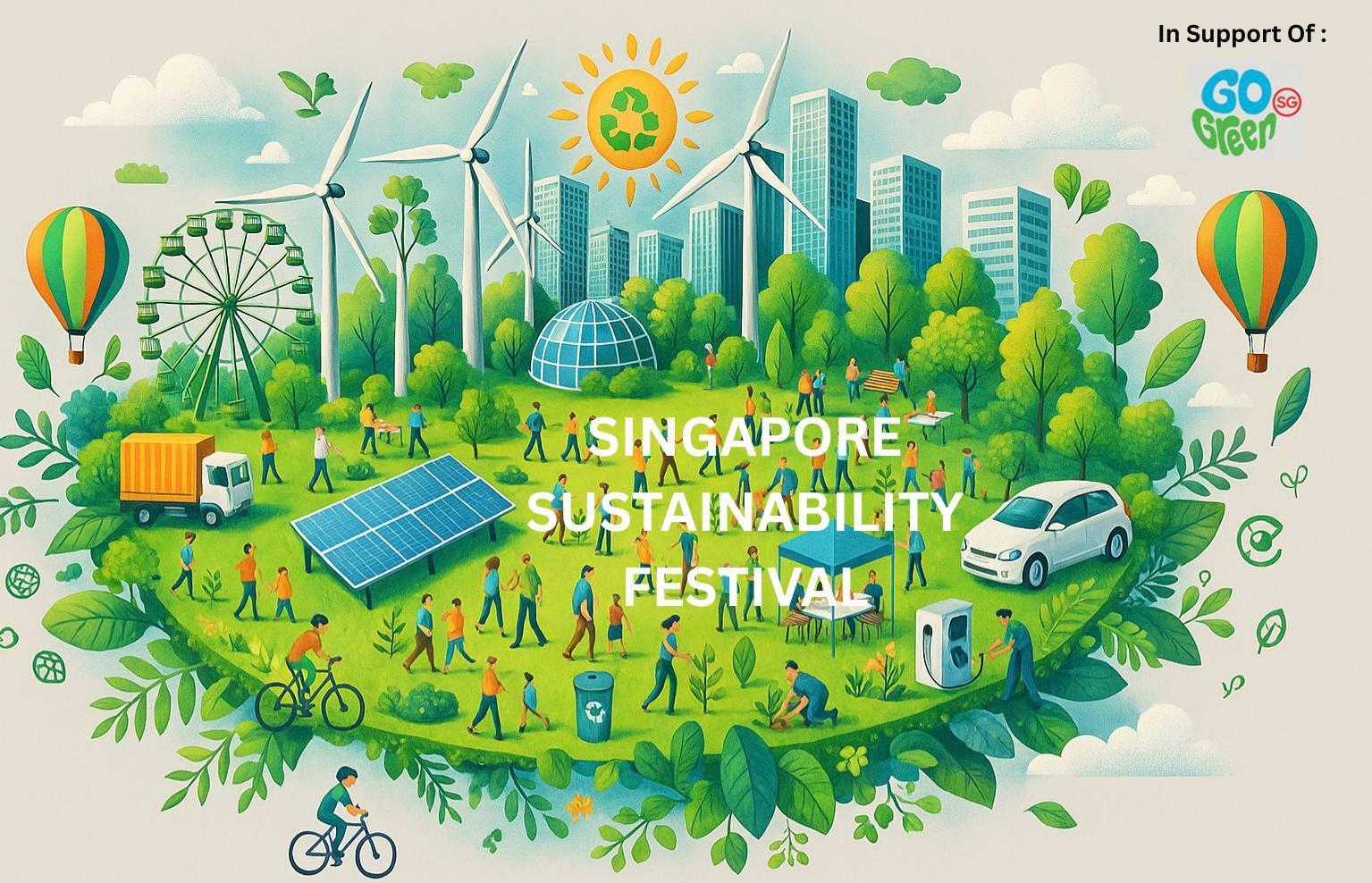Mintable Goes Eco-Warrior with Carbon-Neutral NFT Card Game Launch at Singapore Climate Fest
NFT platform Mintable just played its green card—literally. The company unveiled a climate-friendly digital collectible game at Singapore’s 2025 Climate Festival, betting that eco-conscious crypto degens will pay top dollar for guilt-free JPEGs.
The move taps into growing pressure for blockchain projects to offset their energy gluttony—though skeptics note the ’sustainable NFT’ space remains about as crowded as a Bitcoin conference salad bar.
No pricing or emission stats were disclosed, because when has Web3 ever let pesky numbers interrupt a good marketing narrative?
 Mintable partners with Go Green SG in this year’s Singapore Sustainability Festival, through City Developments Limited (CDL)’s Youth4Climate Festival 2025 | Source: Mintable PR
Mintable partners with Go Green SG in this year’s Singapore Sustainability Festival, through City Developments Limited (CDL)’s Youth4Climate Festival 2025 | Source: Mintable PR
Mintable CEO Zach Burks sees the joint campaign with Go Green SG as an opportunity to engage young people and spark interest in sustainability. The program also introduces them to web3 technology, including NFTs, by taking a “balanced approach” and promoting healthy attitudes toward digital innovation.
“We are excited by the potential of the gasless minting technology deployed into the treasure hunt and will continue working with key government bodies to build future solutions that help everyday individuals better interact with the world around them,” said Burks.
The mini sustainability lessons cover topics such as upcycling workshops, materials exploration, the importance of trees, and the impact of visual upcycled art in society. All lessons are designed to be kid-friendly and interactive, integrating Mintable’s web3 technology with real-world engagement.
Participants who collect all five NFTs will be eligible to enter the festival’s lucky draw for a chance to win prizes. The joint campaign aims to demonstrate how NFTs can be seamlessly integrated into government-supported green initiatives while boosting the adoption of web3 technology.
According to the country’s Independent Reserve cryptocurrency Index 2025, crypto ownership in Singapore has fallen by 11%. A survey conducted by Independent Reserve Singapore found that nearly 50% of crypto investors have sold their holdings in the past year, with 67% of them making a profit.

